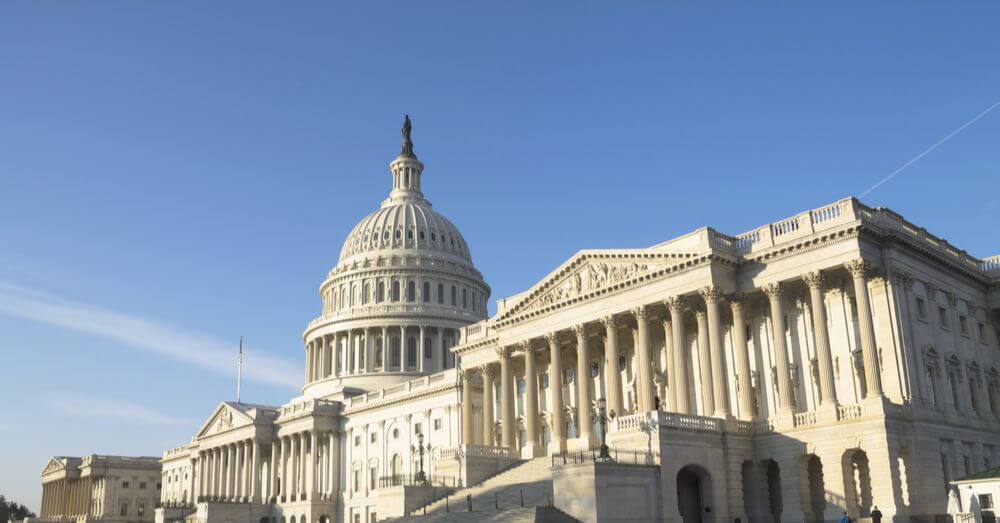
More light has been shed on the relationship between cryptocurrencies and banks in the US as the OCC clarifies the capacity of national banks to provide custodial services to crypto businesses
The US Office of the Comptroller of the Currency (OCC) released a letter stating that national banks now have the capacity to provide fiat bank accounts and crypto custodial services to crypto businesses.
This letter is a step forward in defining the complex relationship between banks and cryptocurrencies within the country, and may open the doors for larger financial institutions to be more comfortable in providing traditional bank accounts to crypto companies.
The OCC’s letter stated that since there is no physical possession of digital currencies, since these assets only exist on the blockchain or a distributed ledger, a bank that is “holding” digital currencies on a client’s behalf will be in possession of the cryptographic access keys to that unit of cryptocurrency.
This is an acknowledgment of the differences that exist between custodial services for fiat money and cryptocurrency.
Acting Comptroller of the Currency, Brian Brooks, highlighted their commitment to ensuring that modern banking services continue to satisfy the needs of their customers.
“From safe-deposit boxes to virtual vaults, we must ensure banks can meet the financial services needs of their customers today,” he explained.
“This opinion clarifies that banks can continue satisfying their customers’ needs for safeguarding their most valuable assets, which today for tens of millions of Americans includes cryptocurrency.”
Gemini, a well-known cryptocurrency exchange, along with Anchorage, a digital asset custodian, believe that this is a good step for the industry.
Chief Compliance Officer of Gemini, Noah Perlman, believes that the OCC’s announcement is well in line with Gemini’s approach to custody.
“A regulated solution provides the best option for the safety and security of clients’ crypto assets,” Perlman stated.
CEO of Anchorage, Nathan McCauley, believes that this has been a positive development for the crypto industry as it helps shed regulatory clarity on cryptocurrencies.
“The OCC letter is a positive development for the entire crypto industry. A lack of regulatory clarity has been a big roadblock to more institutional activity in crypto, and major pronouncements like this help move the needle.”
However, McCauley also expressed his concerns regarding the regulatory challenges posed by digital asset custody, as a highly technical, bespoke work with no direct parallel in traditional finance.
The letter echoes the OCC’s stance that national banks are allowed to provide banking services to any lawful businesses, including those within the cryptocurrency industry, as long as they comply with the requisite laws and manage the risks involved.

